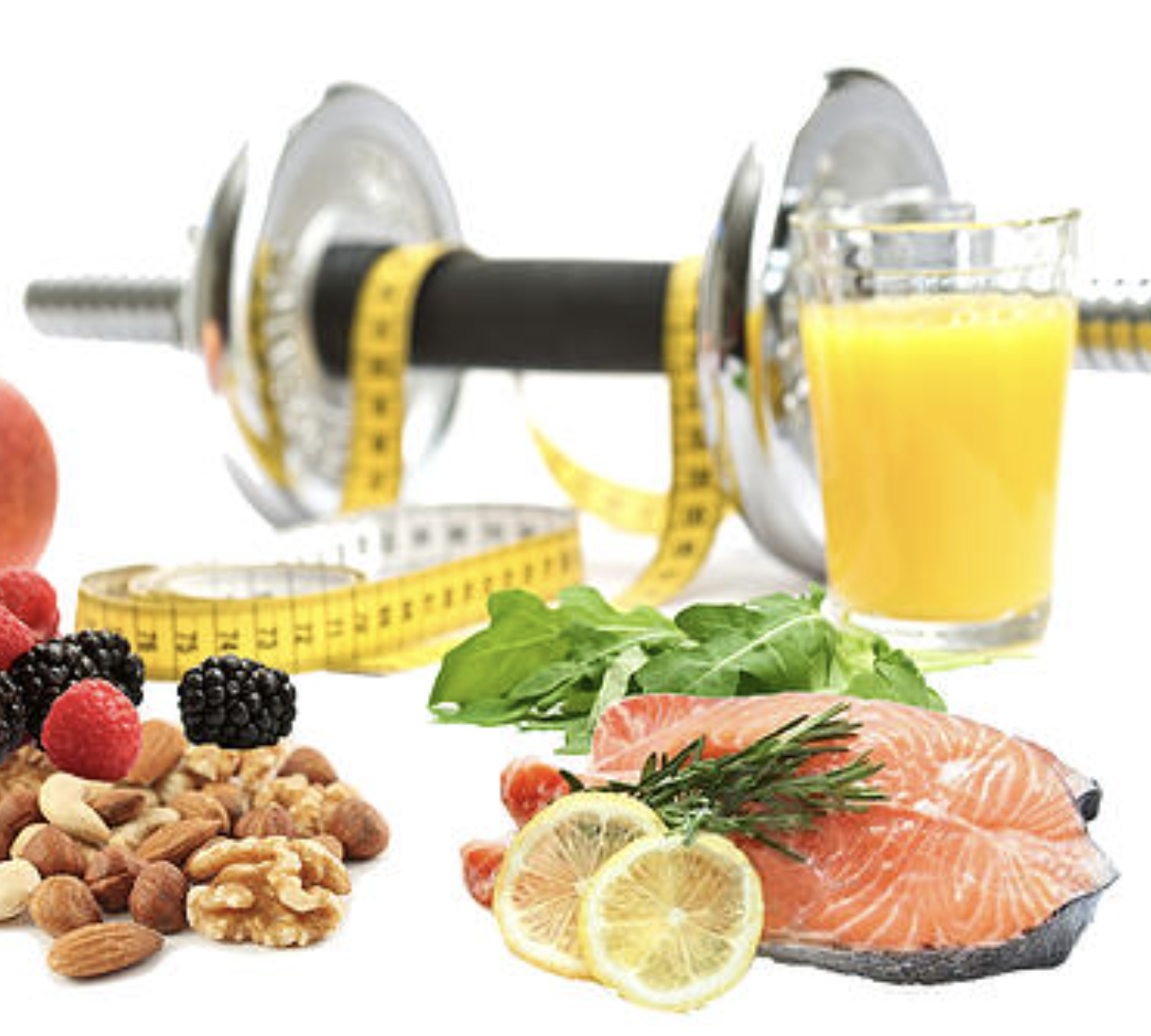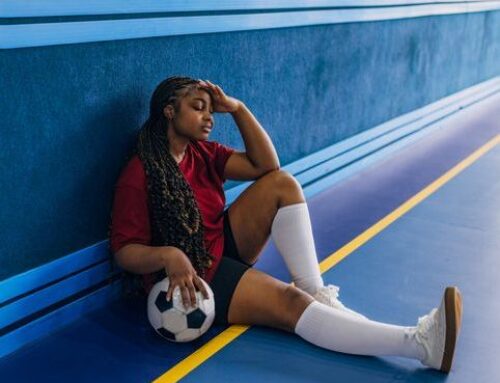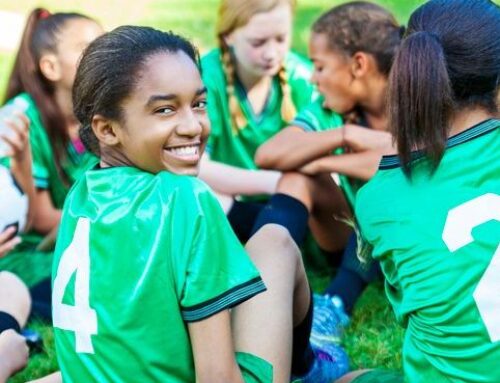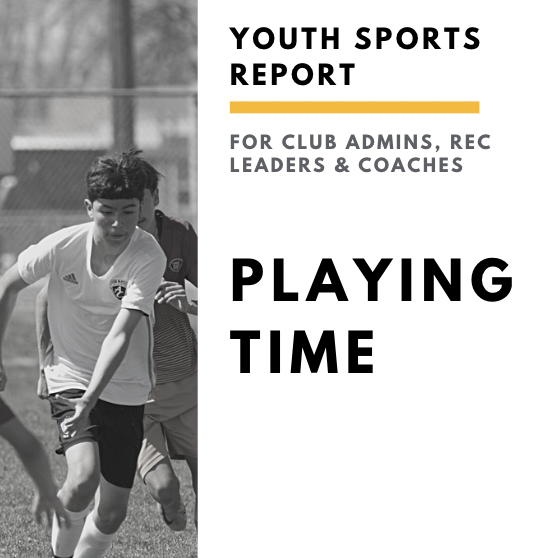Get our exclusive report. Download the iSport360 Club Switching Report Here – For Club Admins, Rec Leaders and Coaches.
What Difference can Nutrition Make?
Sports performance is largely determined by genetic potential, training, and psychological drive. Athletes at the top of their game will be built for their sport. These athletes will have an excellent training program, and be driven to win. Nutrition is one of those ‘X’ factors that can put one athlete above another.

Nutrition is one of those ‘X’ factors that can put one athlete above another.
While an athlete can have the same baseline diet as regular people, they also need to worry about performance eating. Attention towards a diet catered towards achieving body composition goals, and fueling training. Then improving recovery, and ensuring good hydration can have a very big impact on sports performance.
Body Composition
Improving your body composition for your sport can make a great impact on sports performance. By improving your power-to-weight ratio you can improve your speed. What is your power-to-weight ratio? It is how much power you can generate from your muscles compared to how much weight you are carrying.
To improve your power-to-weight ratio you would need to reduce the amount of weight (body fat) that you are carrying. And/or improve your amount of power/muscle mass. By manipulating your baseline nutritional intake, you can improve your power-to-weight ratio and therefore your performance.
Fuel
When you train you use a lot of fuel which needs to be replaced if you want to train again the next day or a few hours later. If you don’t have enough fuel, then your sports performance will suffer and you will not get as great a gain from your training. Similarly, if your nutrition strategy for a race/competition is not adequate you could end up with depleted fuel stores. Ensuring that you provide a sufficient amount of fuel before, during, and after exercise is crucial to allow for adequate energy for training and competition.
Hydration & Electrolytes
If you are under-hydrated this will increase your perception of fatigue and influence your sports performance. If you become dehydrated not only will it reduce your performance but could also potentially stop you from finishing your event. We lose fluid and electrolytes through sweat so hydration and electrolyte needs are dependent on the person, on the environment, and on the intensity of the exercise. Starting training or an event in a normally hydrated state will help prevent dehydration. Matching your fluid and electrolyte losses with your intake during exercise will further prevent dehydration and ensure that you can perform effectively.
Recovery
Training results in the breakdown of old muscle fibers to allow the body to rebuild the muscles so that they are stronger and more efficient at performing the exercise. This adaption to training happens after exercise during your recovery. The rebuilding of damaged tissue relies on available nutrients. What and when you eat after exercise will affect your body’s recovery and therefore adaptation to your training.
Recovery is also important to replace what was lost. You need to replenish depleted fuel stores as well as rehydrate and replace electrolytes that were lost. If you have a short period before your next exercise session then the timing is key. Focus on fuel, fluid, and electrolyte replacement are crucial to ensure stores are replenished sufficiently.
Having a good baseline diet and performance nutrition strategy can improve sports performance. By obtaining the ideal body composition for your sport, ensuring that you are fueled and hydrated before and during exercise and that you recover after exercise to support training adaptations and replace what was lost. Nutrition should always be a main consideration for anyone wanting to perform well in their sport.
Author Michelle Tolmay, is a Registered Dietician with a passion for healthy eating and lifestyle. She holds a BSC Medical Honours Degree in Nutrition & Dietetics from The University Of Cape Town, and completed an undergraduate degree majoring in Human Kinetics & Ergonomics (HKE) and Psychology at Rhodes University. Her primary interests are in general healthy eating, sports nutrition, eating disorders and cancer nutrition. Original article is published here.
For more on iSport360, click here to learn about our features that can help your player grow.
Learn more or request a demo of our youth sports software that is helping teams improve communication, organization and player development.
February 27, 2024





